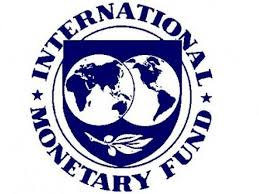
It adds that this level of growth will not be sufficient to bring the GDP to its pre-pandemic projected level.
The report further highlighted that strong GDP growth was projected in 2020 at 6.3% and 2021 at 5.8%, predicated on strong tourist arrivals. however, it notes that the COVID-19 pandemic subsequently led to a sharp decline in tourist arrivals and growth. The IMF report further indicated that real GDP growth stood at 0.6% in 2020 and 4.3% in 2021.
"Better growth performance in 2020-2021 than peers as record remittances boosted construction. Inflation (in 2020-2021) remained relatively stable
and in line with pre-pandemic projections. However, inflation increased sharply in 2022 from 7.6 to 11.6% in May fueled by the Ukraine war-induced food and energy prices."
The report continues to reveal that outlook remains positive, but uncertainties are high due to the ongoing Russia-Ukraine war and vulnerabilities to the pandemic owing to low vaccination levels, and climate change.
In the fiscal sector, the report highlighted that the fiscal deficit was larger than projected at the time of the programme approval as the government responded to the pandemic. It added that the deficit almost double in 2021 to 4.6% as the government’s support recovery support through large public investment and budget support did not fully materialise."
"Budget support was lower by about US$40 million in 2021 after strong support in 2020. Domestically-financed spending (current and capital) was elevated with GLF spending reaching a record level in 2021. Revenue collection declined due to slow economic activities, causing public debt level to decline at a slower pace than anticipated."
The report stated that the fiscal deficit will remain high in 2022 due to the impact of the Ukraine war affecting both revenue (Oil subsidies) and high spending cost, the OIC projects, adding it will gradually decline in the medium term.




